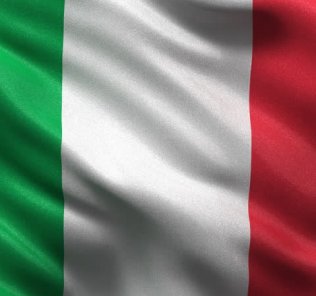Gambling operators flee from Czech iGaming Market
Early this year, the Czech Republic adopted new gambling laws after a thorough overhaul of its existing legislative framework. The country was among several member states to have been scolded by EU authorities for failing to implement gambling legislations that comply with the union’s laws and Directives.
Among other things, the Czech Republic’s new gambling regulations opened the local market for licensed iGaming operations. However, it cannot be said that the new regulatory regime produced the desired effect of international operators flocking to the country and generating additional tax revenue.
Speaking of revenue, it was late last month when the Czech Finance Ministry released information about the country’s gambling revenue in 2016. According to the figures posted, the Czech gaming industry generated nearly CZK40 billion last year, up 29% from a year earlier. Tax revenue amounted to CZK10.5 billion, reflecting a 38% increase from the previous year.
The Ministry attributed the improvement to its own efforts to implement an effective gambling law and taxation regime, which sounds a bit odd, particularly given the fact that the country’s new regulatory framework did not come into force before January 1, 2017.
While Czech officials may be content with the legislative product of their efforts, international operators and local players are much less happy than expected. A single international operator has been licensed by the country’s Ministry of Finance since the new laws took effect.
PokerStars received a license in late January and went live in the Czech Republic in mid-February. On the other hand, major operators like William Hill and GVC Holdings left the local market either prior to the new law’s implementation or shortly after. GVC Holdings, which owns the partypoker online poker brand among several others, has even said recently that it was not planning on pursuing a Czech license for the time being.
There are several important factors that can be related to the market’s lack of attractiveness, but taxation and the unnecessary bureaucracy that the licensing process involves are probably the main reasons why the country’s new legislative regime is much less successful than anticipated.
Under the Czech Republic’s new gambling laws, online gambling operators are taxed in the same manner as land-based ones. Thus, companies are taxed at 23% on sports betting revenue and at 35% on casino games revenue. Both rates are too high, particularly when compared to what other European jurisdictions tax operators at. And both tax rates are high enough to scare operators, even the largest and most profitable ones, off.
The new regulations also require local players who want to play online to sign up at designated physical facilities. The verification process may be completed at special points – there are 7,500 of them around the country – as well as at notary offices or banks. However, it may take days before completed, and international operators have argued that the points have been favoring local operators.
Industry stakeholders have called for a review of the Czech gambling regulations. Local officials have pointed out that such a review will only be conducted after two years from the regulations’ initial implementation. However, the apparent lack of interest from international operators will hopefully change politicians’ mind. To sum up, the Czech Republic may have put a lot of efforts into renovating its gambling laws, but what had been done has proved highly ineffective so far.
In Unnecessary Bureaucracy and High Tax Rates Drive Gambling Operators Away from Czech iGaming Market
Find out the best Online Casinos at CasinoToDo and click on “Get Bonus” to start playing for real money.



















Leave a Response